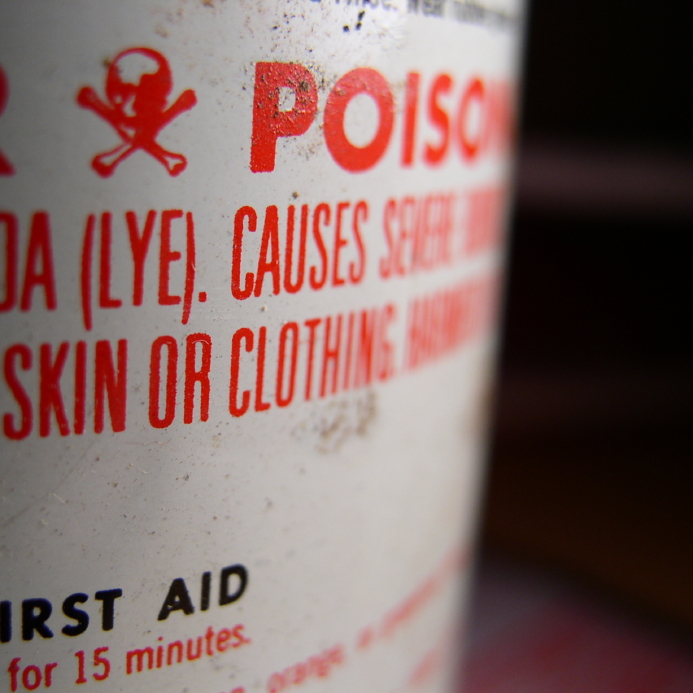Many workers have been killed as a result of direct chemical explosion or fire. No matter what the case was, all of these tragedies were preventable.
In New Jersey, at least 90 facilities in nearly every county still use highly hazardous chemicals that put the public in potential danger. At least 68 schools are located within one mile of a high-risk chemical facility. Ten high-risk facilities could each place up to 100,000 residents in jeopardy of toxic exposure in the case of an accident or attack.
In an attempt to make their workplace safer, hundreds of facilities in New Jersey that use highly hazardous chemicals have chosen to switch to safer substances and processing methods.
According to the state Department of Environmental Protection, nearly 300 water and wastewater treatment plants that formerly used highly dangerous chlorine have switched to safer processing methods for disinfection.
In 2008, New Jersey adopted rules requiring all high-hazard facilities to consider safer chemicals and processes. However, the state does not require facilities to actually use those safer substances or technologies that are readily available.

